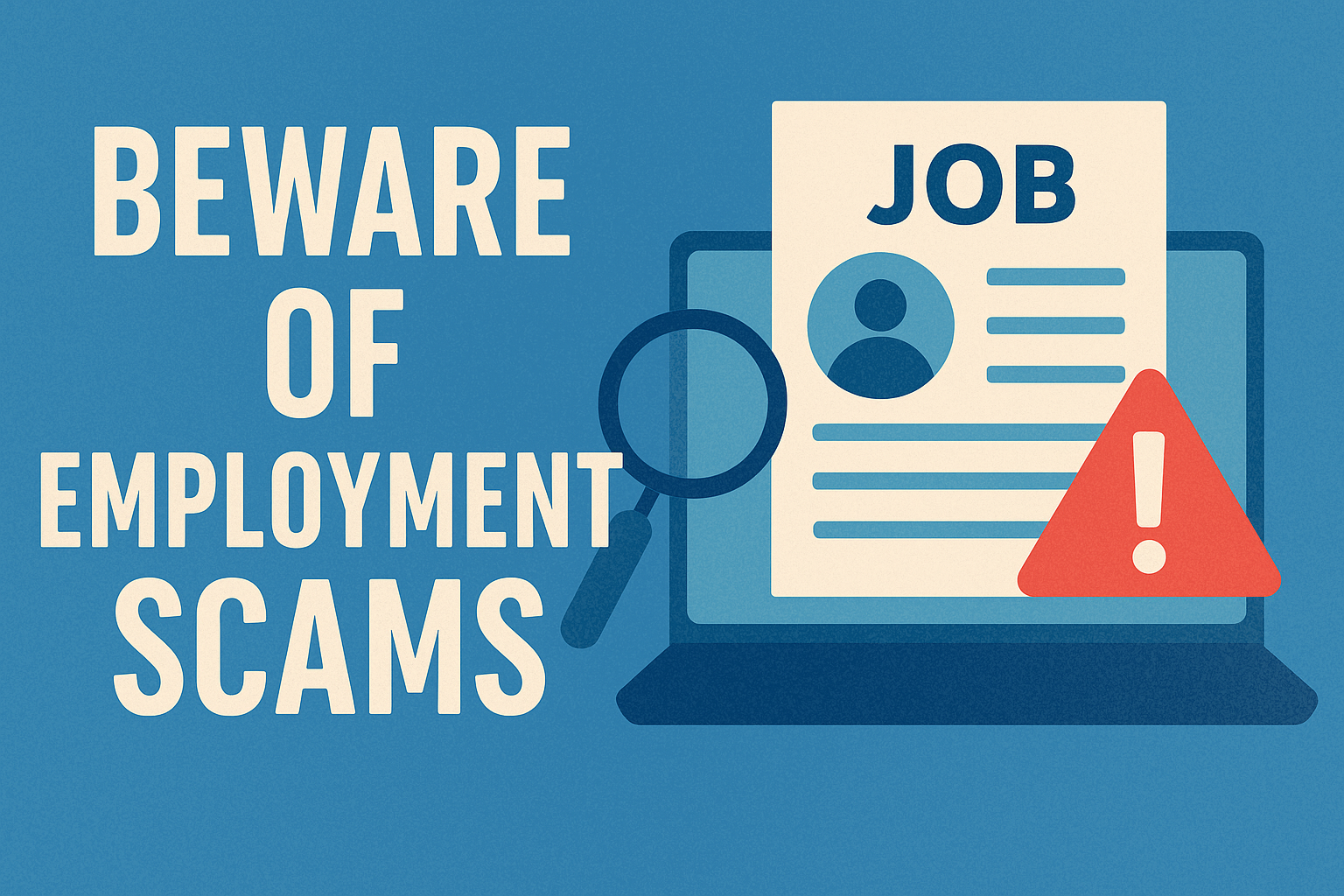Planning a trip can be exciting, but it’s important to stay alert to potential scams that target travelers. From fake vacation deals to dishonest tour operators, scammers often take advantage of people making travel arrangements—especially during busy seasons. With a few smart habits, you can protect yourself and enjoy a worry-free getaway.
Start by booking through reputable travel websites or agents. If a deal seems too good to be true—such as a luxury vacation at an unbelievably low price—it probably is. Research the company, read customer reviews, and confirm their contact details before making any payments.
Be cautious with unsolicited emails or phone calls offering vacation packages, cruises, or airfare. Scammers often pressure people into making quick decisions or paying upfront fees. Legitimate travel services will give you time to review details and ask questions.
Always use secure payment methods, such as credit cards, which offer more protection against fraud. Avoid wiring money or using prepaid gift cards to pay for travel—these are common tactics used in scams.
When renting a vacation home, verify the listing through trusted platforms like Airbnb or Vrbo. Look for properties with positive reviews and avoid listings that ask you to communicate or pay outside the platform.
Lastly, keep copies of all travel documents and confirmations, and be wary of last-minute changes or unexpected fees. By staying informed and cautious, you can avoid common travel scams and focus on what really matters—enjoying your trip.







